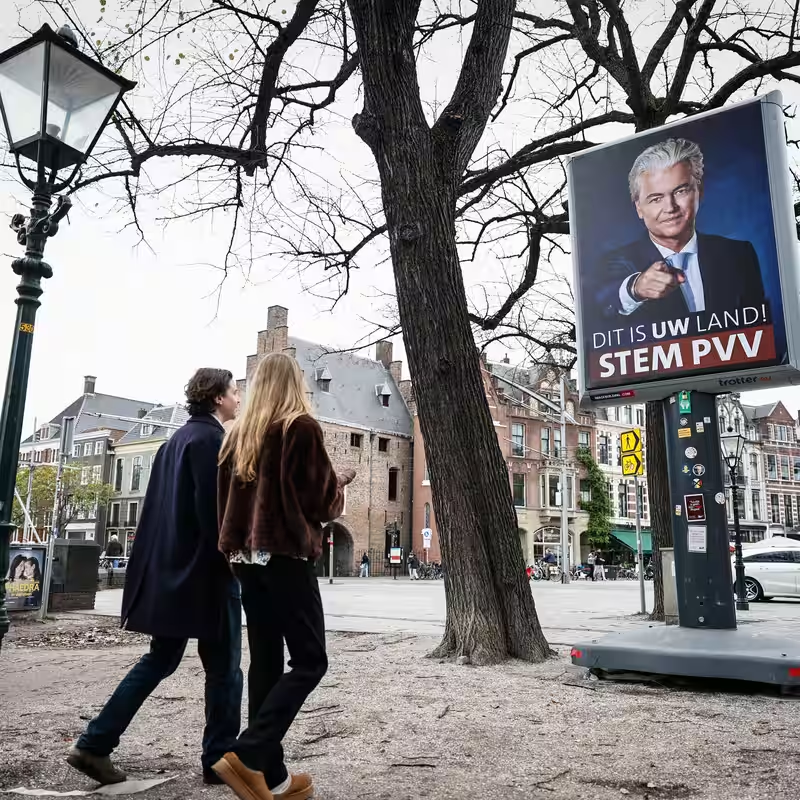Wilders’s Far-Right Party Crumbles in Dutch Election
In a dramatic reversal of fortune, Geert Wilders’s far-right Party for Freedom (PVV) has suffered a major setback in the Netherlands’ national elections — losing 11 parliamentary seats and ceding its dominant position to a resurgent center-left rival.
What Happened in the Netherlands Election?
Official results released Thursday show that Wilders’s PVV, which stormed to power in 2023 with a landslide victory, now ties with the center-left Democrats 66 (D66) as the largest bloc in the House of Representatives. But the symbolic blow is deeper: voters have clearly turned away from the anti-Islam populist’s agenda in favor of stability, hope, and moderation.
The shift comes after Wilders himself triggered the snap election by pulling his party out of the governing coalition in June — a move that backfired spectacularly.
Why Did Wilders Lose Support?
Political analysts point to several key factors behind the far-right’s stumble:
- Coalition chaos: Wilders’s abrupt exit from government created months of instability, alienating voters who craved predictability.
- Rise of D66: Democrats 66 ran a disciplined campaign focused on unity, climate action, and social investment — striking a chord with urban and younger voters.
- Backlash against extremism: After years of polarization, many Dutch voters signaled fatigue with inflammatory rhetoric and culture-war politics.
Far-Right Not ‘Bulletproof’ After All
“We thought it was almost a deterministic thing, that the radical right was always going to become bigger — that they were bulletproof,” said Kristof Jacobs, a political scientist at Radboud University. “Not so bulletproof after all.”
The Dutch result could serve as a cautionary tale for far-right movements across Europe — from France’s National Rally to Germany’s AfD — suggesting that electoral dominance isn’t guaranteed, even in times of economic anxiety or migration concerns.
What’s Next for Dutch Politics?
With no party holding a clear majority, coalition negotiations are expected to be complex but likely to favor centrist or progressive alliances. D66’s strong showing positions it as a kingmaker, potentially leading a government that excludes Wilders entirely.
This marks a sharp departure from 2023, when Wilders’s win sent shockwaves through Brussels and raised alarms about the EU’s democratic backsliding.
Broader Implications for Europe
The Netherlands has long been seen as a bellwether for European political trends. Wednesday’s outcome suggests that voters may be recalibrating — rejecting disruption in favor of governance, and populism in favor of pragmatism.
As European elections loom in multiple countries over the next 18 months, the Dutch result offers a glimmer of hope for centrist forces: the far right can be stopped — not by ignoring it, but by offering a compelling alternative.
Sources
The New York Times: Wilders’s Far-Right Party Faces Rebuke in the Netherlands




